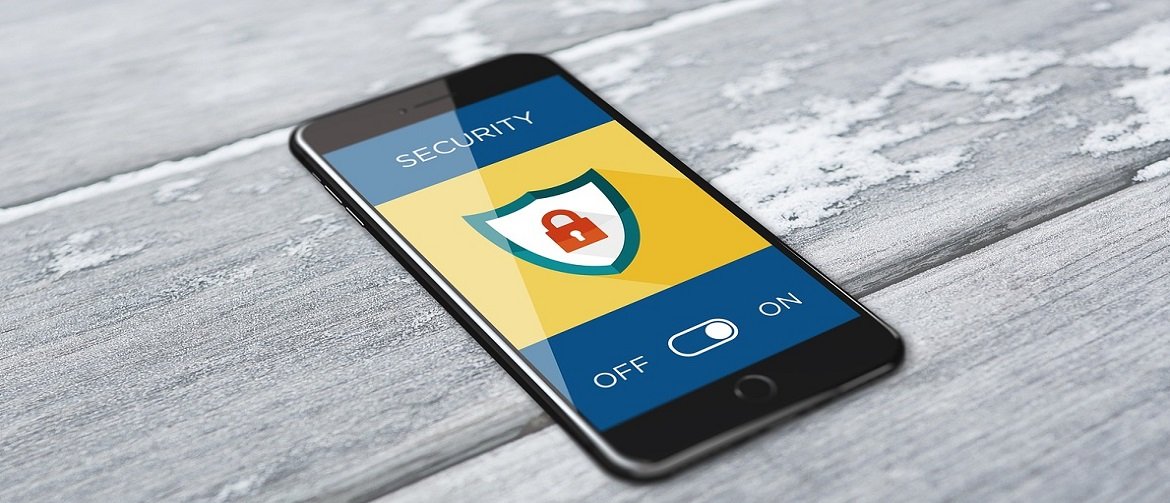We use them for communication, internet access, online banking, and much more. However, as we rely more on our phones, the concern of privacy and eavesdropping has become increasingly important. Protecting your phone from eavesdropping is essential to maintain your privacy and secure your personal information. In this article, we will discuss effective ways to safeguard your phone from eavesdropping and maintain your privacy.
Introduction to Eavesdropping
Eavesdropping is a severe invasion of privacy that can have significant consequences. It can occur through various means, such as exploiting vulnerabilities in cellular networks or intercepting data transmitted over Wi-Fi connections. Unauthorized access to phone calls, text messages, and other personal data can expose sensitive information, leading to identity theft, financial fraud, or blackmail.
The advancement of technology has also given rise to sophisticated eavesdropping techniques, including the use of spyware and malware designed to record conversations or capture keystrokes on the phone silently. These malicious activities can go unnoticed, putting individuals at risk without their knowledge.

How to Know If Someone Is Listening to Your Calls
If you suspect someone may be listening to your phone calls, it is essential to be vigilant and look for specific indicators. These signs can help you determine if your conversations are being eavesdropped upon:
Unusual Background Noise
Pay attention to any strange noises, echoes, or clicking sounds during your phone calls. These abnormal sounds could be a sign that someone is intercepting and listening to your conversations without your knowledge or consent.

Battery Drain
Keep an eye on your phone’s battery life. If you notice that your battery drains unusually fast, it could indicate that hidden applications or malware are running in the background, potentially recording your calls as part of an eavesdropping scheme.
Increased Data Usage
Eavesdropping activities often require the transfer of data. Suppose you observe a sudden and significant spike in your data usage, especially during phone calls. In that case, it may suggest unauthorized activities on your phone, such as call recording or data interception.
Interference with Other Electronic Devices
Eavesdropping devices can cause interference with other electronic devices, including smartphones. If you experience unusual disruptions or static noise during your phone calls, mainly when there is no logical explanation for the interference, it could be a sign that someone is listening in on your conversations.
To further understand how to identify if someone is listening to your calls and to learn more about protecting your phone’s privacy, you can refer to this informative article on how to know if someone is listening to your calls.
By remaining vigilant and aware of these potential signs, you can take necessary precautions to protect your privacy and ensure your phone calls remain confidential.

Protecting Your Phone From Eavesdropping
Now that we have covered how to identify signs of eavesdropping, let’s explore some practical ways to protect your phone from this invasion of privacy:
Secure Your Phone with a Strong Passcode or Biometric Authentication
Set up a strong passcode on your phone consisting of numbers, letters, and special characters. Additionally, consider using biometric authentication methods such as fingerprint or facial recognition for an extra layer of security.
Keep Your Phone’s Software Updated
Regularly updating your phone’s operating system and apps is crucial for maintaining the security and privacy of your device. These updates often include security patches that address known vulnerabilities.
Be Cautious When Downloading Apps
Only download apps from trusted sources, such as official app stores. Read reviews and check permissions before installing an app to ensure it is not collecting unnecessary personal data or engaging in malicious activities.
Use a Virtual Private Network (VPN)
A VPN encrypts your internet traffic and masks your IP address, providing a secure connection while using public Wi-Fi networks. This prevents eavesdroppers from intercepting your data.
Avoid Suspicious Wi-Fi Networks
Be cautious when connecting to public Wi-Fi networks, especially those that do not require a password. These networks can be easily compromised, allowing eavesdroppers to intercept your online activities.
Disable Unnecessary Permissions
Review the permissions granted to each app on your phone and disable access to features that are not essential for the app’s functionality. For example, if a calculator app requests access to your microphone, it is best to deny that permission.
Utilize Encryption for Calls and Messages
Use end-to-end encrypted messaging and calling apps that protect your conversations from unauthorized access. Popular options include Signal, WhatsApp, and Telegram.
Regularly Check for Malware
Install a reputable mobile security app that scans your phone for malware and other security threats. Regularly running scans will help detect and remove any malicious software.
Be Mindful of Physical Security
Keep your phone with you always and avoid leaving it unattended in public places. Additionally, be cautious of people who may try to shoulder surf or record your conversations in person.
Enable Two-Factor Authentication (2FA)
Activate 2FA for your online accounts whenever possible. This adds an extra layer of security by requiring a second verification step, such as a unique code sent to your phone in addition to your password.
Implementing these measures can significantly reduce the risk of eavesdropping and protect your privacy.
Conclusion
Protecting your phone from eavesdropping is crucial in today’s digital age. Following the guidelines in this article, you can safeguard your personal information and maintain your privacy. Remember to stay vigilant, keep your phone’s software up to date, and be cautious of suspicious activities or requests for personal information. By taking proactive steps to protect your phone, you can enjoy the benefits of technology without compromising your privacy.



